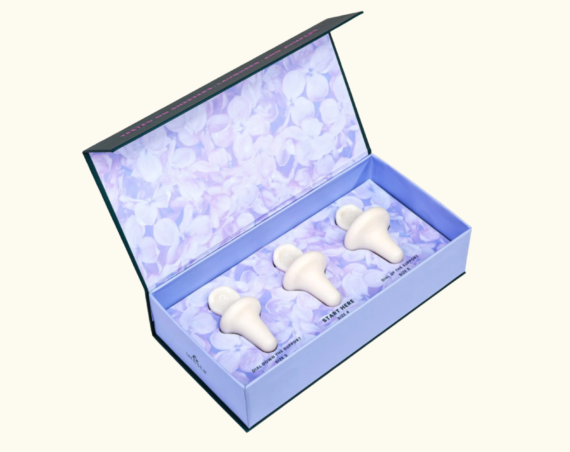
A new telemedicine service for personalized breast cancer prevention has launched at preventcancer.co.uk, offering women aged 30 to 75 across the UK the ability to understand their risk of developing breast cancer and take preventive action years before NHS screening typically begins.
The service, developed by a consortium of experts from Prevent Breast Cancer, the Breast Awareness Clinic, Antegenes, and the University of Manchester, combines a home saliva test with online clinical guidance to deliver personalized prevention plans based on each woman’s genetic profile. It is particularly relevant for women under 50, who currently fall outside the national screening program despite accounting for one in five breast cancer cases.
“We need to do much more to prevent young women from getting breast cancer,” said Lester Barr MBE, co-founder of Prevent Breast Cancer. “We also need to do more to empower women to understand their individual risk, so they can make informed choices about their health. Our goal is to see breast cancer risk assessments offered to all women over 30, paving the way for a risk-adapted screening programme.”
The service employs a clinically validated polygenic risk score (PRS) test combined with a questionnaire assessing family history. Women identified as having higher risk receive recommendations for screening and prevention measures. Those with potential rare genetic mutations, such as BRCA1 or BRCA2, are referred to appropriate NHS or private services for further specialized testing.
“Polygenic risk scoring lets us assess risk earlier and more accurately,” said Professor Gareth Evans, Consultant Geneticist and Professor of Medical Genetics at the University of Manchester. “Every woman should be offered this simple test from age 30.”
According to the consortium, the underlying test was developed by health technology company Antegenes and is CE-marked, registered with the UK’s Medicines and Healthcare products Regulatory Agency (MHRA), and validated using UK Biobank data.
While currently available as a private service, the team behind the initiative hopes it will contribute to the development of a future NHS screening model based on individual risk factors rather than age alone.
“This service gives women something we’ve been missing for a long time – a chance to understand their breast cancer risk early and act on it in a way that fits their life,” said Laura Naylor, Director of the Breast Awareness Clinic.



